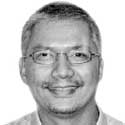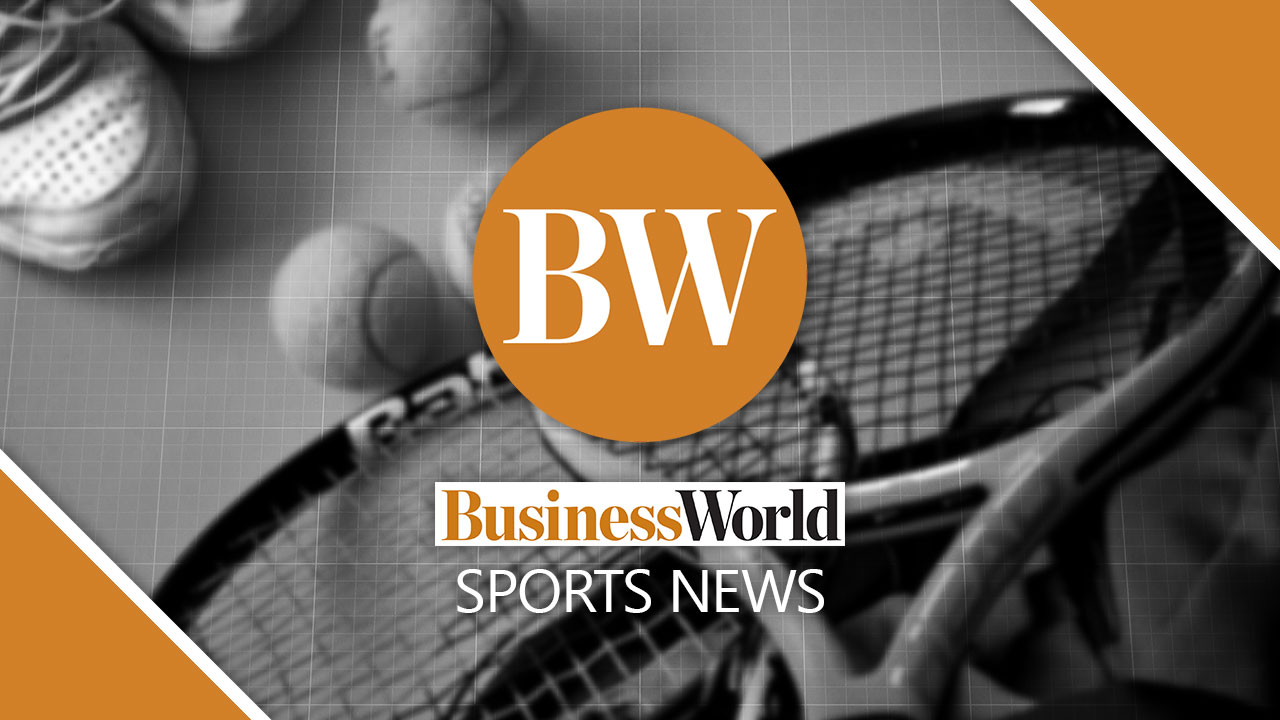
Courtside
By Anthony L. Cuaycong

To argue that Novak Djokovic has had an up-and-down year would be to understate the obvious. He began it with promise, having just come off a season in which claimed a circuit-leading seven wins in just 12 tournaments. That said, he quickly found adversity; he lost in the quarterfinals of the United Cup before bowing to Jannik Sinner for the third straight time in the semifinal round of the Australian Open. He had hitherto been close to invincible in the first major competition of the year, and thus carried the confidence borne of his success; instead, he wound up losing in “one of the worst Grand Slam matches I’ve ever played.”
Djokovic’s lack of consistency carried over to the Indian Wells Masters (out in the third round), the Monte-Carlo Masters (out in the Round of Four), the Italian Open (out in the third round), and the French Open (withdrawal before the quarterfinal round). He suffered a torn right medial meniscus in the latter, requiring surgery that should have kept him out of Wimbledon. Given his condition, it was nothing short of remarkable that he managed to show up at the All-England Club and subsequently forge a path to the final. And while he failed to take home an eighth Challenge Cup, he showed enough progress to wax optimistic for the remainder of the year.
True enough, Djokovic proved his mettle by forging a path to the top of the podium in the Paris Games and finally claiming his long-sought career golden slam. That he upended biggest rival Carlos Alcaraz in straight sets with the championship on the line served only to sweeten the outcome. And as he disclosed in the aftermath, “I put my heart, my soul, my body, my family — my everything — on the line to win Olympic gold.” He wanted — needed, actually — to win, if for nothing else than to validate his worth despite his advancing age and increasing susceptibility to injury.
This week, Djokovic begins his journey toward a record-setting 25th Grand Slam singles trophy. The United States Open beckons, and, as in Wimbledon, he has caught a break; heavyweights Alcaraz, Sinner, and Daniil Medvedev are on the other side of the draw, setting him up for relatively smooth sailing until a potential meeting with Alexander Zverev in the semifinal round. And, yes, more often than not, he takes full advantage of his opportunities.
Anthony L. Cuaycong has been writing Courtside since BusinessWorld introduced a Sports section in 1994. He is a consultant on strategic planning, operations and human resources management, corporate communications, and business development.